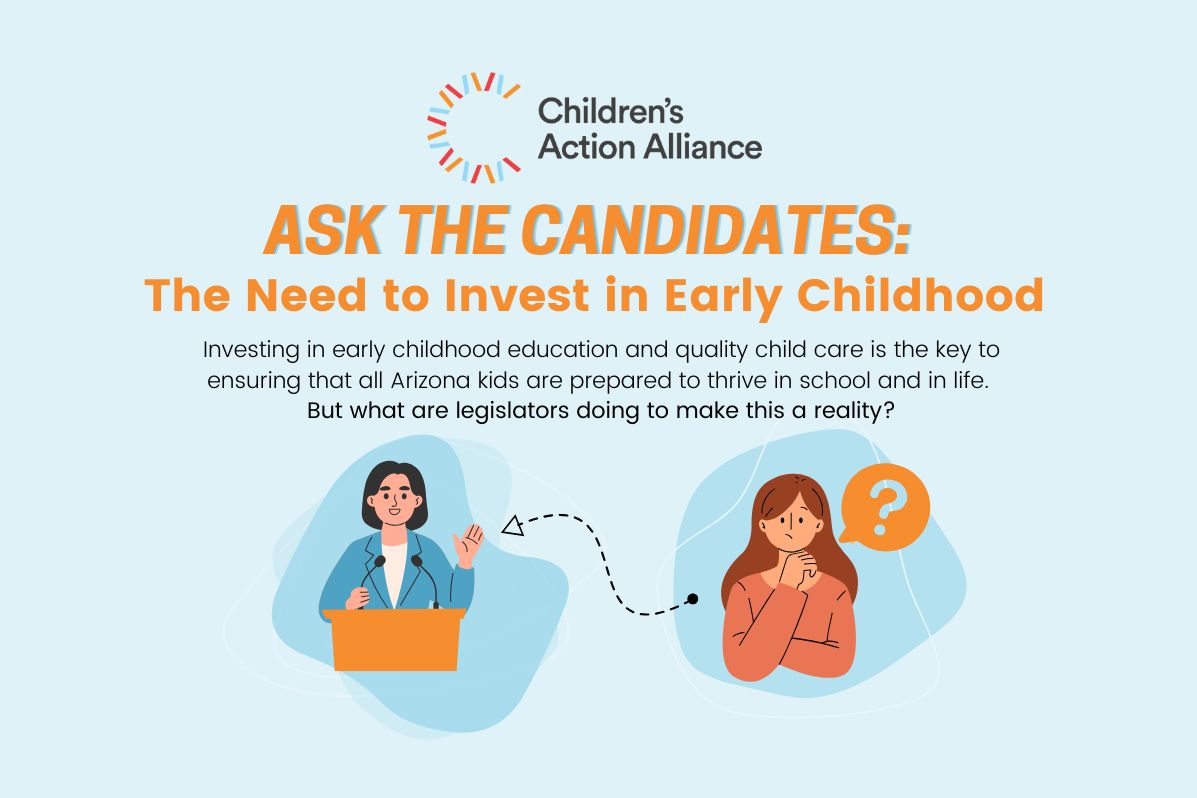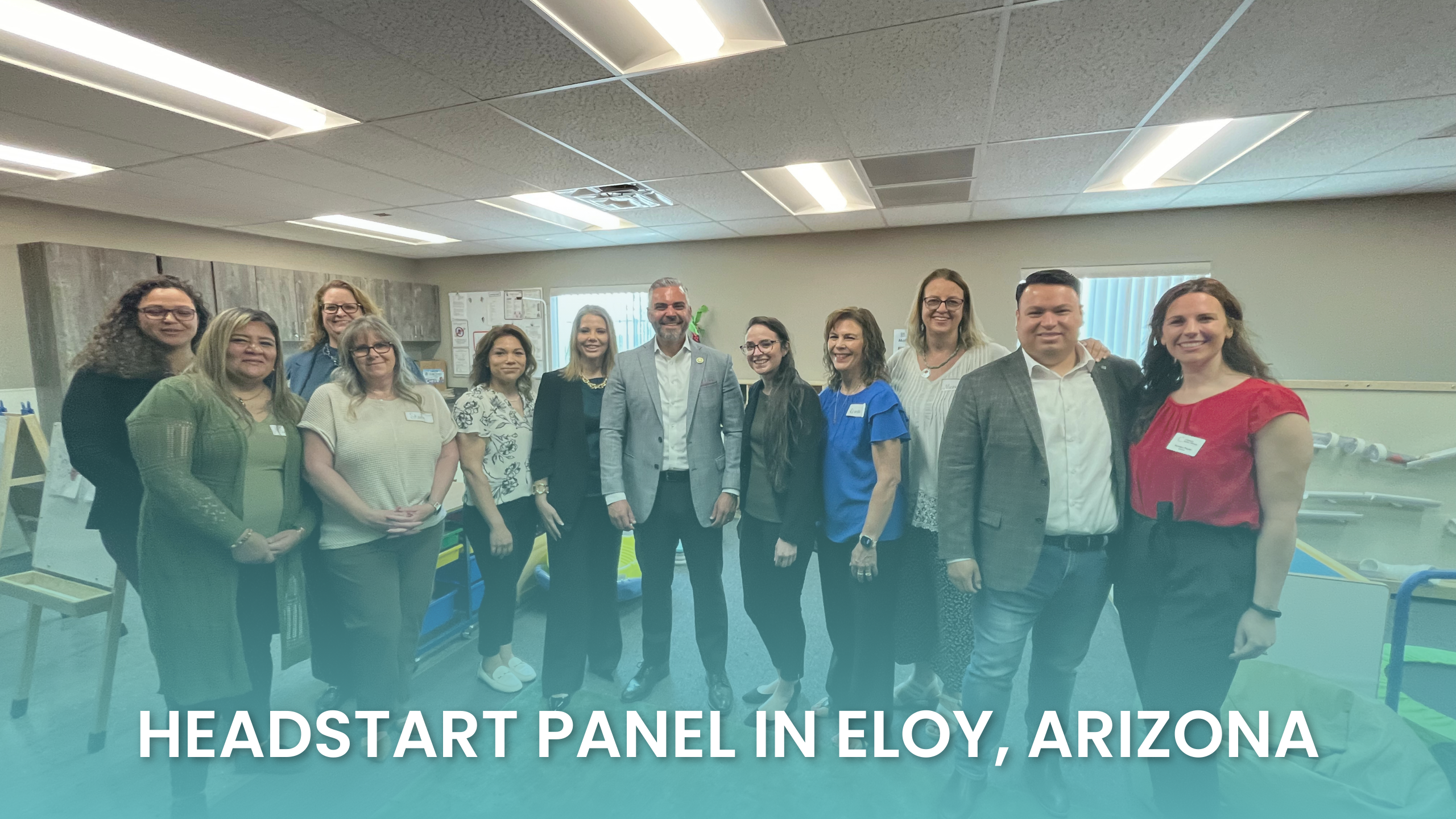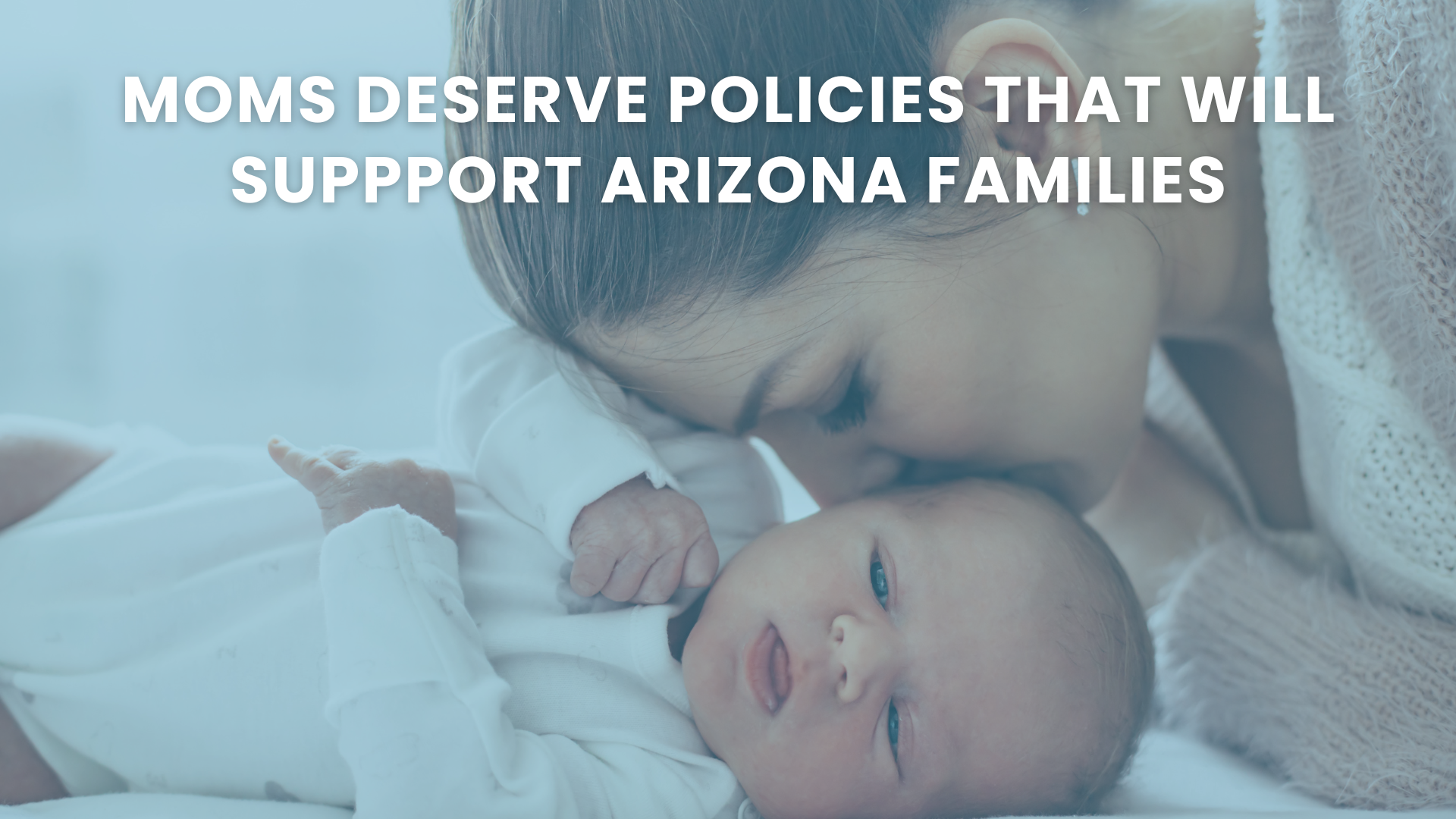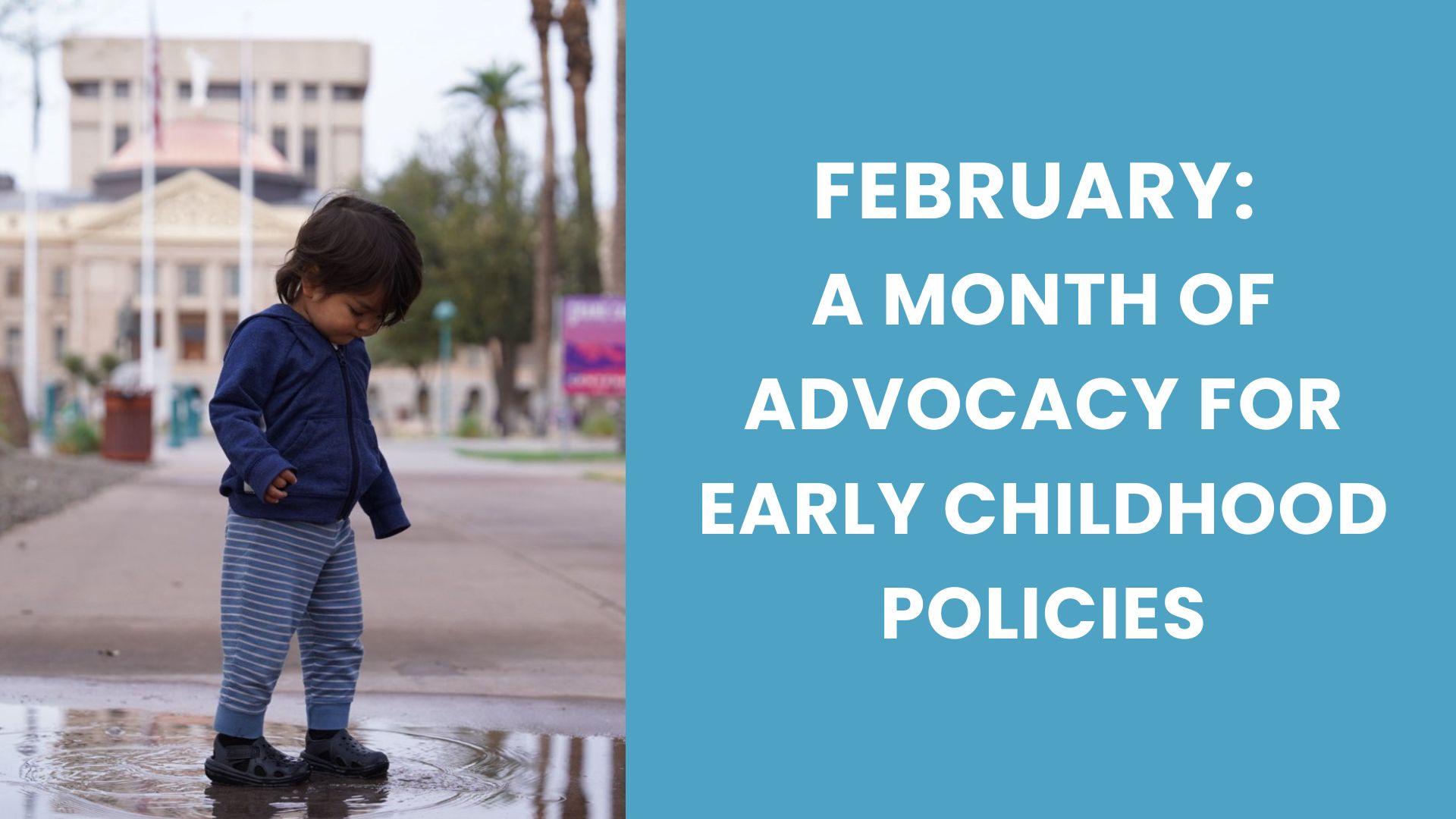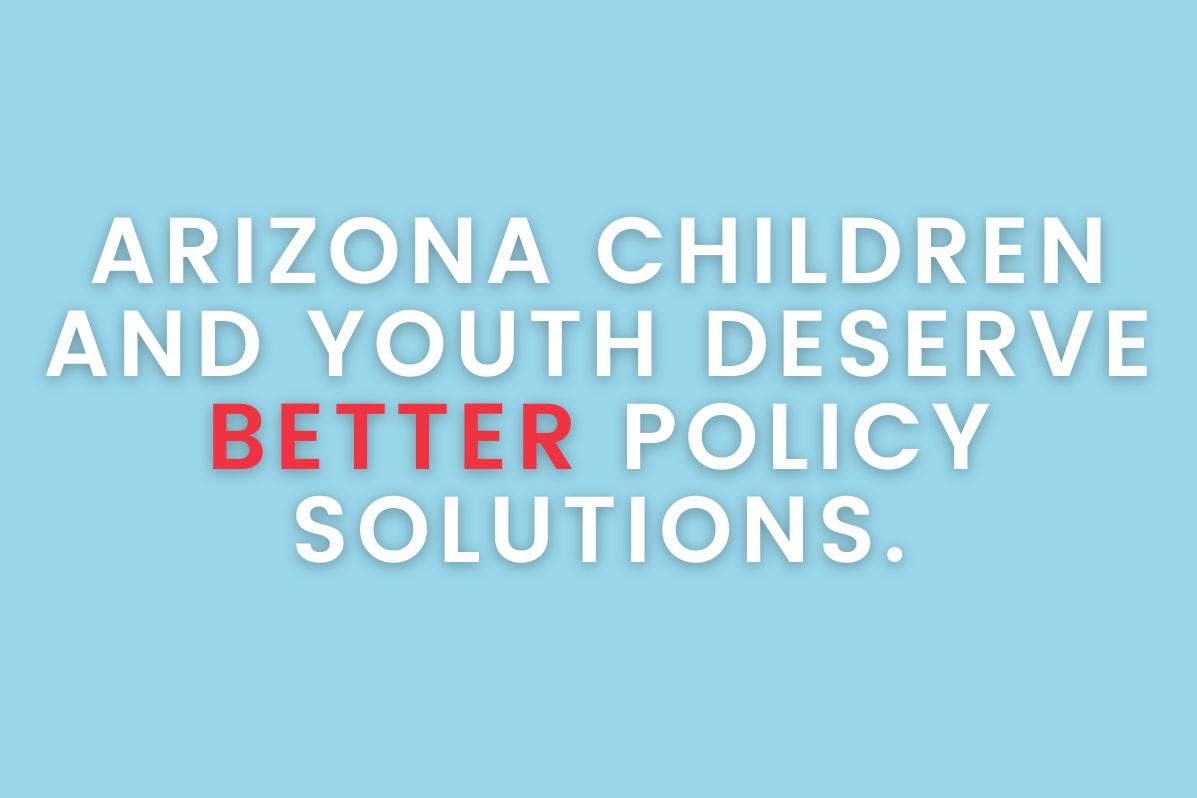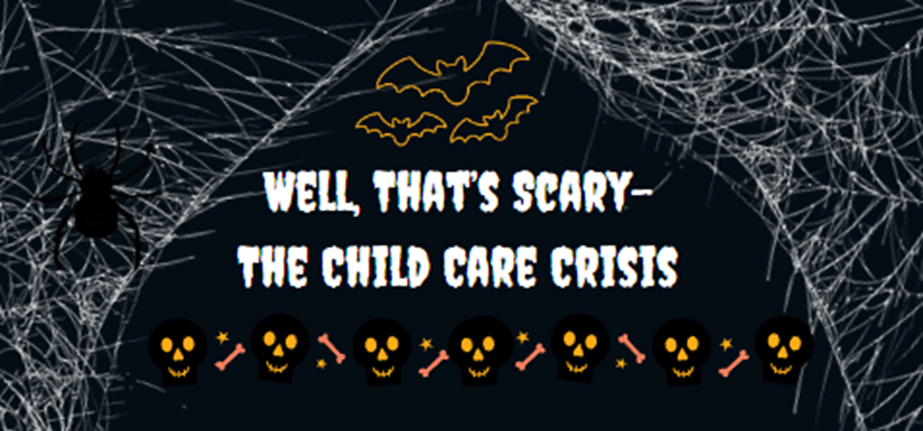Early care and learning encompass all forms of education, both formal and informal, provided to young children up to approximately eight years of age. This education is fundamental to the development of a child and can significantly shape the later years of an individual’s life.

Early childhood experiences shape a child’s lifelong learning as brain development occurs most rapidly and dramatically in the first three years of life. For every $1 spent on early care and learning, up to $16 is saved through decreased special education, social welfare, and crime-related costs. These investments correlate to increased high school graduation rates, college acceptance, and higher earnings later in life. Accessible and affordable early care and learning programs lead to economic growth and stability by enabling families to work, seek further education opportunities, or training, which leads to increased labor force participation and higher earnings. Our efforts focus on expanding access to early care and learning programs by finding creative solutions and sustainable funding to support our youngest children.


